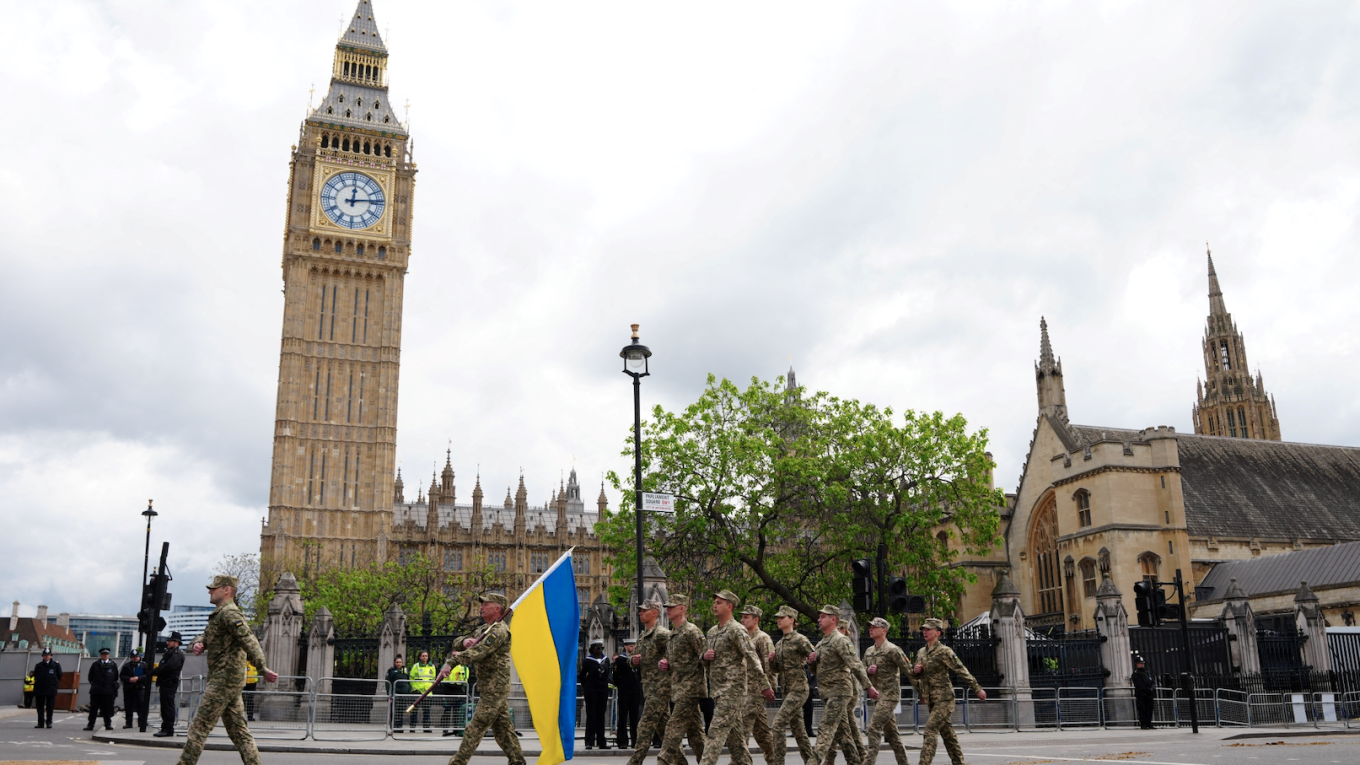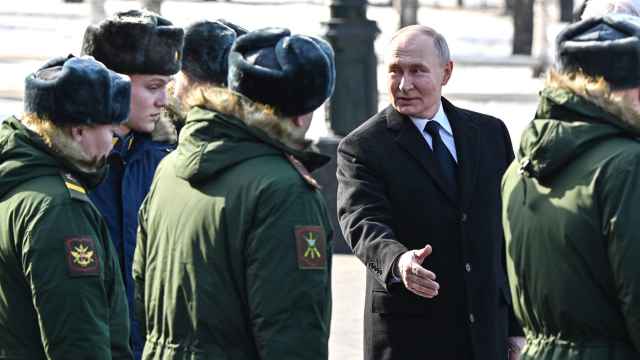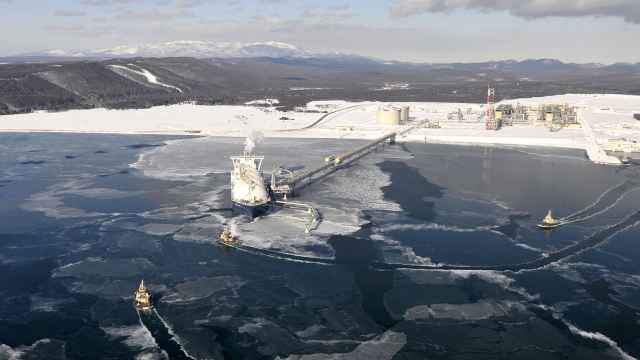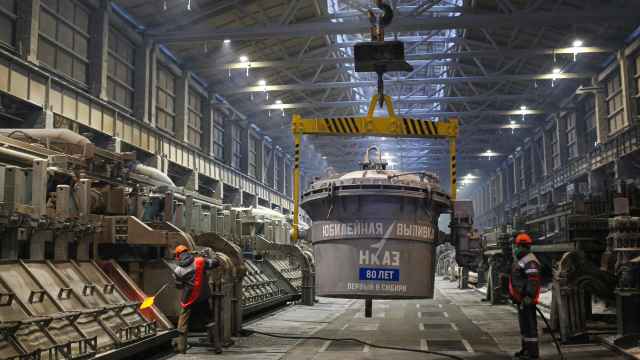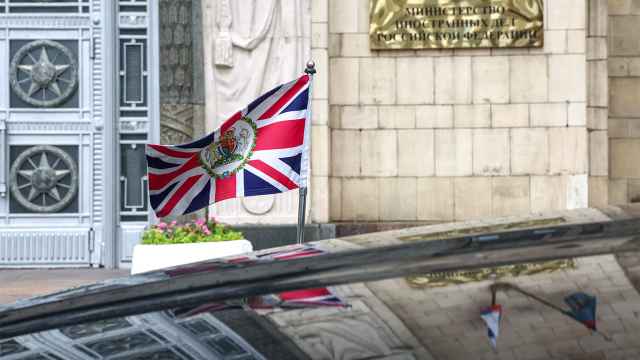Britain on Tuesday announced new sanctions against Russia following what officials described as the largest-ever drone attack on Ukraine over the weekend.
The sanctions target “entities supporting Russia’s military machine, energy exports and information war,” the British Foreign Office said in a statement. They also apply to financial institutions accused of funding Russia’s war effort.
The move came as the European Union formally adopted its 17th round of sanctions against Moscow, part of what the U.K. called a “coordinated effort to secure a just and lasting peace in Ukraine.”
British officials said the sanctions were aimed at reducing Russia’s oil revenues, adding that London and its allies were in talks to tighten the oil price cap.
“U.K. and other Western sanctions are having a severe effect on Russia’s economy,” the Foreign Office said. “Every rouble by which we cut Kremlin revenues diminishes Putin’s ability to sow chaos, division and disorder across the world.”
On Saturday, the Russian military launched 273 drones at Ukrainian cities, the largest drone barrage since the start of the full-scale invasion, according to the Foreign Office.
“People in Ukraine and across the world have paid the price for Putin’s aggression, and now he must pay the price for avoiding peace,” the statement said.
Meanwhile, U.S. President Donald Trump held a two-hour phone call Monday with Putin to discuss ending the three-year conflict. Trump later said Russia and Ukraine would “immediately” begin peace talks.
However, Ukrainian President Volodymyr Zelensky on Tuesday accused Moscow of stalling.
The first direct talks between the two sides, held in Istanbul on Friday, failed to produce a breakthrough. Zelensky said Putin had sent “empty heads” to the negotiating table.
“It is obvious that Russia is trying to buy time in order to continue its war and occupation,” Zelensky said in a social media post.
A Message from The Moscow Times:
Dear readers,
We are facing unprecedented challenges. Russia's Prosecutor General's Office has designated The Moscow Times as an "undesirable" organization, criminalizing our work and putting our staff at risk of prosecution. This follows our earlier unjust labeling as a "foreign agent."
These actions are direct attempts to silence independent journalism in Russia. The authorities claim our work "discredits the decisions of the Russian leadership." We see things differently: we strive to provide accurate, unbiased reporting on Russia.
We, the journalists of The Moscow Times, refuse to be silenced. But to continue our work, we need your help.
Your support, no matter how small, makes a world of difference. If you can, please support us monthly starting from just $2. It's quick to set up, and every contribution makes a significant impact.
By supporting The Moscow Times, you're defending open, independent journalism in the face of repression. Thank you for standing with us.
Remind me later.


